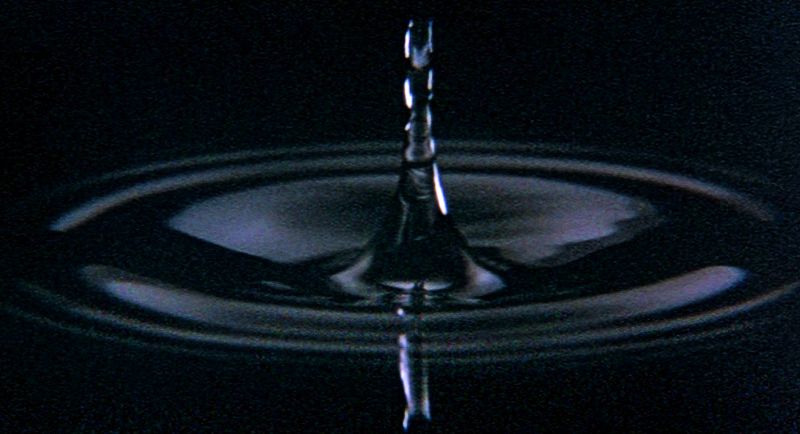Uplive: Week 4

The quality of your tap water may not be optimal, and if you live in one of these states that may be an understatement. Investing in a decent quality water filter can be a major health upgrade for you and your family. And that's this week's Uplive.
But first, a brief word about hydration...
Water Quantity
Wilderness guides often refer to the "rule of 3": you can live 3 minutes without oxygen, 3 days without water, and 3 weeks without food. So next to breathing, that's how critical water is to living. But we're not talking about just living here, we're talking about Upliving.
The quality of water you drink is critical to optimizing your health. Darin Olien put it well:
This is why any drink but clean, ..., filtered spring water should be avoided. Other beverages may quench our thirst, but we don't know if they can hydrate us at the cellular level, where it counts. If we fill up on low-quality beverages, we won't be thirsty enough to drink good water, should it come along.
The quantity of water you drink is critical to optimizing your health. The U.S. National Academies of Sciences recommends 1 gallon (4 liters) for men and 3 quarts (3 liters) for women. And while there is no rule for performance athletes, the general consensus is: a LOT more. As long as your water is balanced (more on that later), your body will use it, or lose it. So it's simple: always be drinking.
Water Quality
Our tap water contains "acceptable" levels of dissolved solids, chemicals, pesticides, medications, radiation, petrifaction, human and animal wastes, and other organic matter. And keep in mind that water is the universal solvent: it is imbued with everything that touches it.
If you use well water (like me) you may not have treatment chemical levels found in municipal water, but you have other challenges. From MassDEP:
Well water originates as rain and snow that then filters into the ground. As it soaks through the soil, the water can dissolve materials that are present on or in the ground, becoming contaminated.
Some contaminants are naturally occurring from features found in the rocks and soils of Massachusetts. These include substances like bacteria, radon, arsenic, uranium, and other minerals.
Other contaminants find their way onto the land from human activities. On a large scale, industrial/commercial activities, improper waste disposal, road salting, and fuel spills can introduce hazardous substances to the ground. However, even typical residential activities, such as the application of fertilizers and pesticides, fueling of lawn equipment, and disposal of household chemicals can contaminate the ground when done improperly. Even an on-site residential septic system can pose a threat to your well.
Water Filtering
So that's a little scary eh? Well, there are a number of things you can do about your water quality. When I was writing this I started listing water filtration options, from least effective to most effective. But this series is about moving the dial meaningfully, so I'm going to highlight just one: water distillation through evaporation. My wife and I have used this method for years.
What is evaporation distillation?
The process of distilling water through evaporation is simple. Water is heated and evaporates, the evaporated water condenses and is collected, the collected water passes through a carbon filter, the final filtered water drips into a carafe. When the process is complete you have pristine water (or close enough).
What do I need to do?
Here's exactly what I use (and do) to keep filtered water constantly available.
Fill the distiller before bed, and in the morning transfer the distilled water to mason jars and into the refrigerator they go. Have at least 2 full jars at all times.
Rebalancing Distilled Water
I mentioned earlier the importance of drinking balanced water. You want to be sure to add electrolytes back into your distilled water before drinking it. A pinch of sea salt will do, or there are numerous healthy electrolyte products on the market. I use LMNT. My wife uses Podium.
Conclusion
While we often trust that our tap water is safe, recent studies suggest otherwise. Investing in a quality water filter is not just a luxury; it's a significant upgrade for our health, our taste buds, and the environment. Remember, water is essential to life, so why not ensure it's of the best quality?
Uplive. Life. Upgraded.
Resources
- SuperLife, Darin Olien
- How Bad is Tap Water, Dr. Andrew Huberman
- Water Quality Portal, USGS + EPA
- Water Distiller, H2OLabs
- Well Water Testing, MassDEP
- Hydration Tips for Athletes, Mass General Brigham
